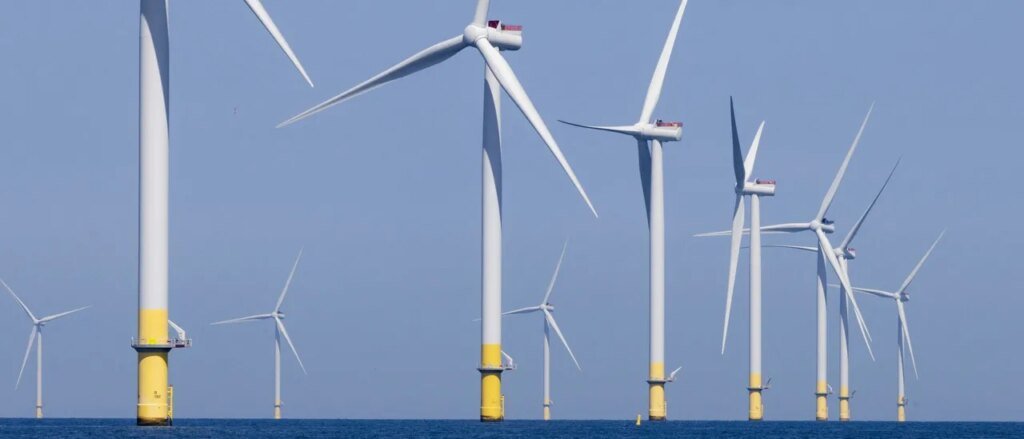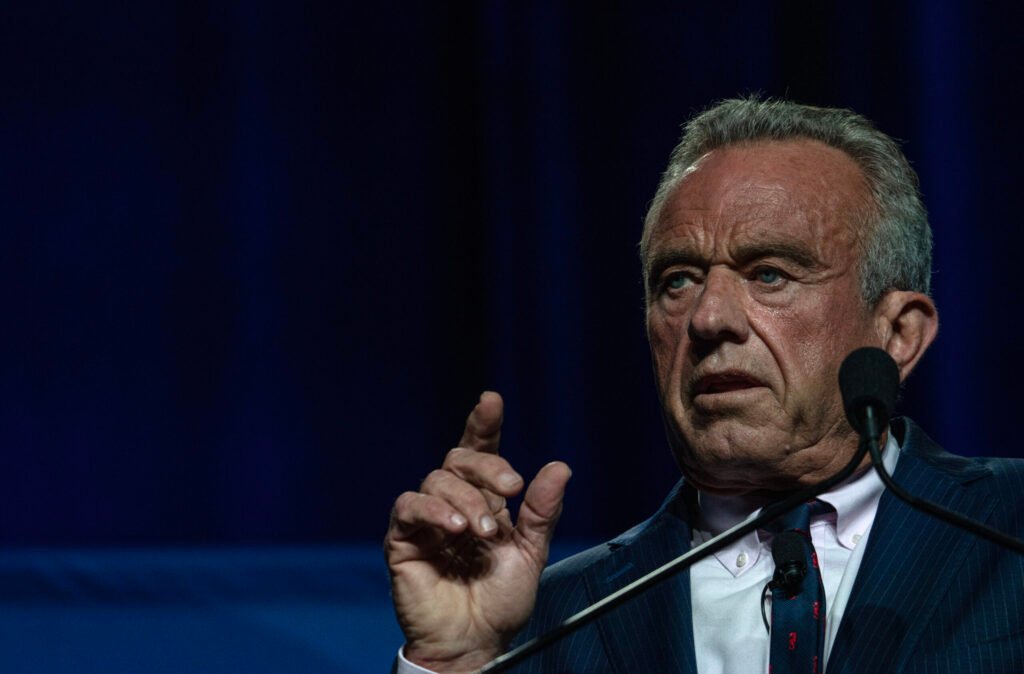Impact of Regulatory Environment on Energy Investment
Are the complexities of the energy and climate regulatory landscape hindering companies’ ability to secure funding and execute energy initiatives in the United States? Colette Hirstius, the head of U.S. Shell, thinks so. In a recent interview, she commented on the issue.
“I think uncertainty in the regulatory environment is very harmful,” Hirstius remarked. She further added, “No matter how much the pendulum swings in one direction, it’s likely to swing just as much in the other direction.” This reflects her concerns about the ongoing shifts in government policy.
Hirstius specifically mentioned the Trump administration’s efforts to decelerate the offshore wind sector, which is central to the Biden administration’s ambitious energy transition agenda. Since January, regulators under the Trump administration have enacted measures like pausing ongoing projects, revoking federal support, and reevaluating permits that may have been issued too hastily.
“I certainly want to see them [offshore wind] previously permitted projects continue to develop,” Hirstius stated. Yet, this desire appears somewhat contradictory given Shell’s recent withdrawal from the offshore wind market, as the company shifts its focus and budget back to its oil and gas operations after struggling with renewable energy investments. It’s notable that such a warning from Shell comes at this particular time, considering the strong governmental backing for offshore wind under Biden.
During Trump’s presidency, while he dealt with various legal issues, Shell was already scaling back its investments in large offshore wind projects. For instance, in June 2023, Shell decided to sell a 50% stake in its South Coast project off Connecticut, citing inflation and supply chain difficulties that were impacting the industry. Nine months later, that stake was sold to another entity.
In December of last year, during a company-wide assessment led by new CEO Wael Sawan, Shell announced it would no longer invest in new offshore wind projects. A month later, it dropped its interest in the Atlantic Shores project, effectively writing off $1 billion in prior investments. This shift had been brewing long before the potential return of Trump to office.
The Atlantic Shores project has drawn notable attention from the Bureau of Ocean Energy Management (BOEM). Recently, BOEM Deputy Director Matthew Giacona indicated that the agency intends to review the processes that led to the project’s approval during the Biden administration, which may extend to other offshore wind endeavors as well. There have been concerns that the current regulatory framework has not fully accounted for the environmental impacts of these significant industrial sites.
Additionally, it has been reported that under Biden’s administration, some offshore projects received approvals even amid earlier warnings about potential financial risks. Offshore developers often need to provide financial assurances for decommissioning costs, but some, like Danish company Orsted, requested that this requirement be delayed, complicating the project’s economics.
Hirstius’s concerns regarding regulation are indeed legitimate. Predictability is essential for any company to effectively plan future ventures. However, every administration has to ensure that prior governmental actions comply with existing laws. There have been ongoing worries that Biden’s administration might be overlooking crucial environmental protections in their haste to advance certain offshore wind projects.
As this review process progresses, Shell might find some relief in having minimized its losses in the struggling offshore wind sector.







